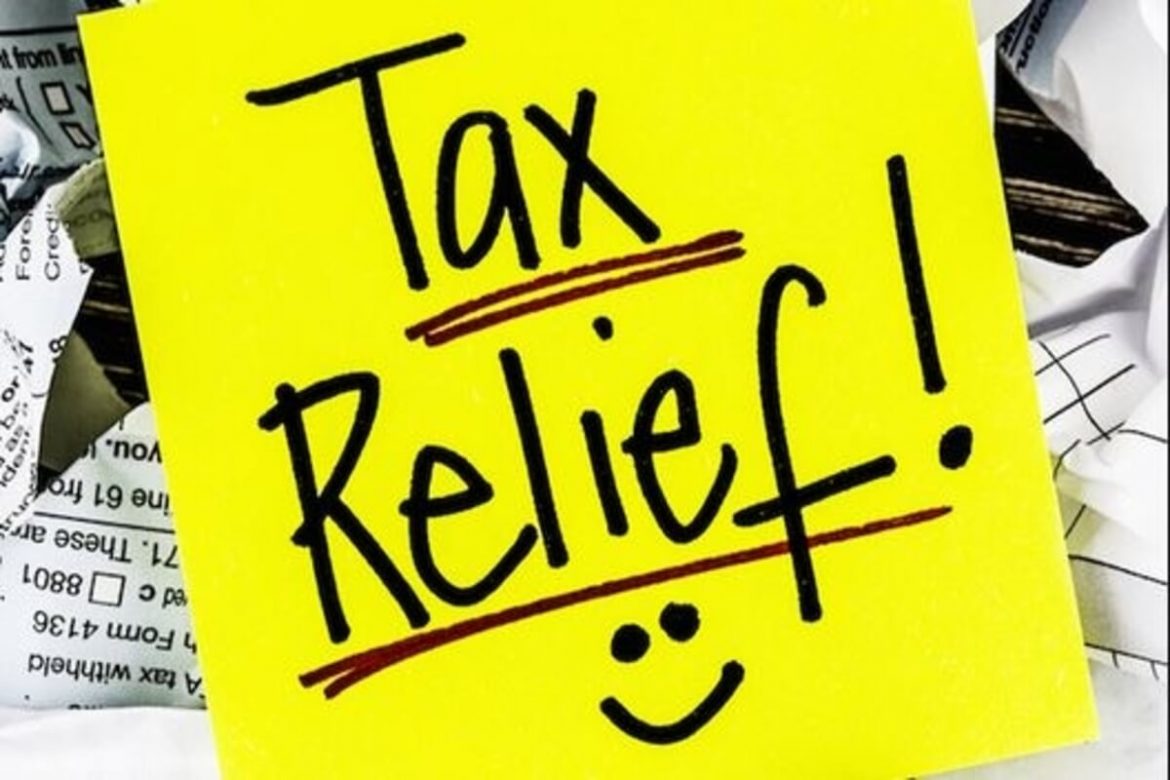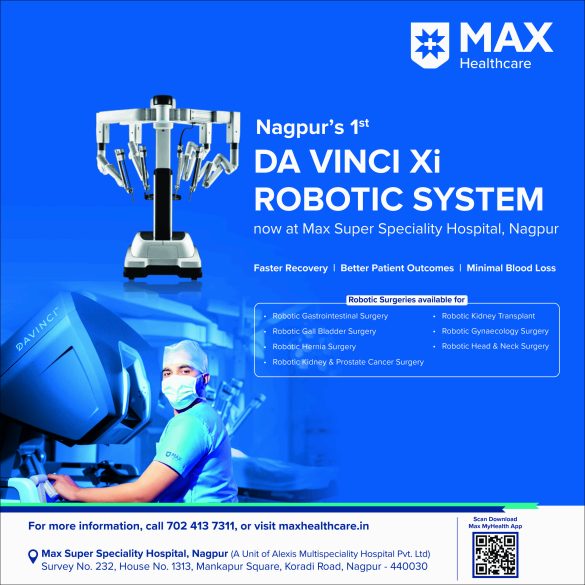In the wake of forthcoming Union Budget, the Confederation of All India Traders (CAIT) today sent a memorandum to Prime Minister Shri Narendra Modi and urged for a package for small businesses in the Country in order to ensure ease of doing business and to provide better business opportunities for small traders in the Country. The CAIT has urged the Prime Minister to either declare the package before Budget or include the same in forthcoming Budget.
CAIT National President Mr. B.C.Bhartia & Secretary General Mr. Praveen Khandelwal in memorandum to Prime Minister has demanded that traders registered under GST should be given an Accidental Insurance of Rs.10 lakhs as it is in practice in Uttar Pradesh.To upgrade & modernise the existing business format of the traders and to link them with computers, a subsidy should be given to traders for purchasing computers & allied goods, It is noteworthy to mention that so far only about 35% small businesses out of 7 crore could able to adopt computers. Since the Government has completely digitalised, the small traders should also be made computerised. The CAIT has also urged for a National Trade Policy for Retail Trade and a separate Ministry for Internal Trade. The long awaited E Commerce Policy should be implemented immediately and a Regulatory Authority for E Commerce should be formed to monitor and regulate the e commerce business in India. To promote e commerce among the trading community, the Government should provide assistance to traders in launching a transparent and trust worthy e commerce portal. A Retail Regulatory Authority should also be formed to regulate the retail trade of the Country.
There are about 7 crore small businesses in the Country providing livelihood to about 30 crore people and generating an annual turnover of about Rs.42 lakh crores of rupees. The CAIT has urged the Prime Minister to conduct a nationwide survey of retail trade to gather financial and social status of the retail sector.
Both Mr. Bhartia & Mr. Khandelwal has also urged that the traders should be given loan by the Banks at concessional rate of interest. So far only 5% of the small businesses could able to obtain loans from Banks & financial institution and balance 95% are dependent upon private moneylenders, relatives and other private sources for their financial needs. The CAIT has also urged that direct lending by Banks under MUDRA scheme should be disband and Non Banking Finance Companies, Micro Finance Institutions and private moneylenders duly registered should be roped in to lend the money to beneficiaries and the Banks should lend money at concessional rate of interest to these Institutions. On the pattern of SEBI a separate Authority should be created for regulating Mudra scheme.
Mr. Bhartia & Mr. Khandelwal also demanded to set up a Trade Promotion Council which should act as bridge between traders & the Government. All digital payments should be free from levy of Bank charges in order to encourage digital payment in the Country. As of now the Banks are charging 1% to 2% charges for digital payment transactions which discourages the adoption of digital payments. Tax benefits and other incentives should also be given for adoption & acceptance of digital payments by the traders and consumers.
The trade leaders further asked the Prime Minister to launch a special scheme for encouraging more and more women to become entrepreneurs . A Model Tenancy Act should be brought in the wake of increasing litigations between landlords and tenants in Delhi, Mumbai and other cities.
Both Mr. Bhartia & Mr. Khandelwal urged the Prime Minister to launch a Pension scheme for the traders registered under GST. The GST should be made more simplified and Mandi Tax all over the County & Toll Tax in Jammu should be abolished as a part of One Nation-One Tax declaration. Tax slab of 18% under GST should be abolished and the tax slab of 28% should be restricted only to most luxurious items. Commodities like Auto Parts, Cement etc. should be taken out from 28% tax slab and may be placed under 12% tax slab. They also urge to re-visit items placed under different tax slabs and items used as raw material and daily use items of poor section should be placed under 5% tax slab.




